10 Medicinal Drugs You Didn’t Know Could Kill You
Lists, ShockingMedications are supposed to save lives; however, as with all things that are not used sensibly, they end up killing individuals more frequently than not when they are misused. It is not only illegal drugs that kill; even the drugs that are prescribed have the capacity to become harmful when they are not used as they are intended to be used. While people know that crack, heroin and other illegal drugs lead to death in the event of an overdose, they are not aware of several others that are comparatively unknown, but just as harmful. Here are 10 medicinal drugs you didn’t know could kill you.
Antibiotics

Physicians tend to prescribe antibiotics even for the most minor colds; however, antibiotics kill more than just viruses. Antibiotics also kill beneficial microorganisms and yeast inside your intestines, leading to serious internal malfunctions. Excessive use of antibiotics can lead to superbug, virus and bacteria resistance that can have hazardous consequences. The most harmful antibiotics prescribed today are Vanconcin, Bactrim and Levaquin.
Statins
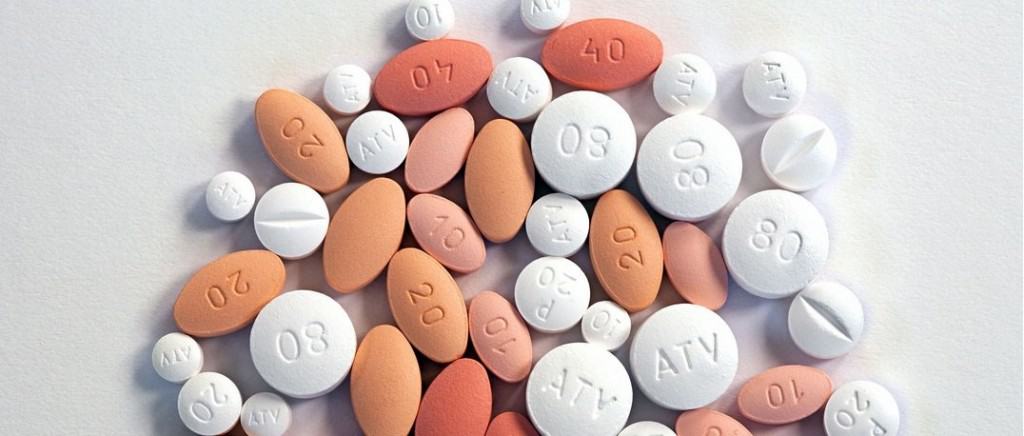
Statins are drugs that help reduce cholesterol levels in the blood. Drugs such as Crestor, Lipitor, Pravachol, Zocor and Mevacor decrease production of cholesterol in the liver. However, statins can cause serious side effects such as early death, liver failure, brain damage and diabetes.
Antidepressants
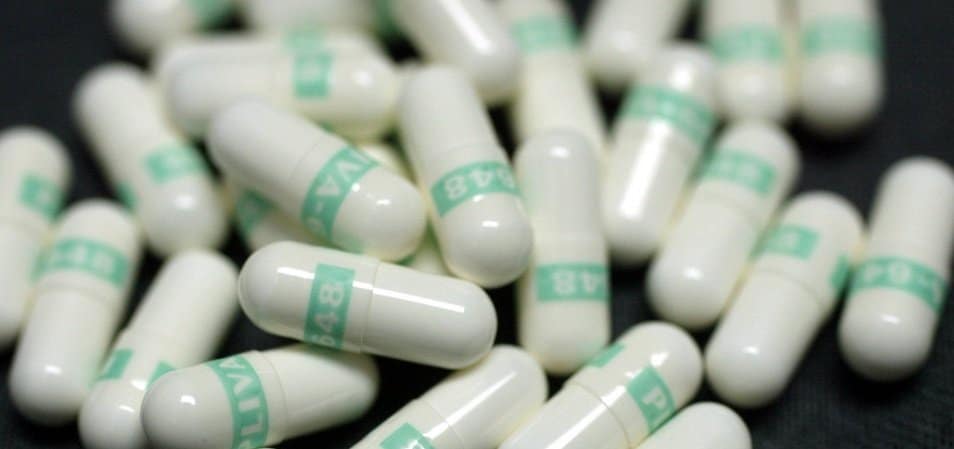
Serotonin is a neurotransmitter that affects your anxiety, sleep and mood. Low levels of serotonin lead to depression and high levels of serotonin lead to anxiety. Selective Serotonin Reuptake Inhibitors (SSRIs) are prescription medication used to regulate levels of serotonin in the brain, known as antidepressants. Antidepressants such as Lexapro, Effexor, Paxil, Zoloft and Prozac can cause akathisia. Akathisia is a condition that is characterized by continuous agitation, usually associated with suicide, violence and antisocial behavior.
Blood Thinners

Blood thinners such as Coumadin, Xarelto and Pradaxa are prescribed to prevent heart attacks and strokes; however, they also prevent blood clotting. Even the smallest cut or scratch can result in uncontrollable bleeding that can ultimately lead to death.
Acetaminophen
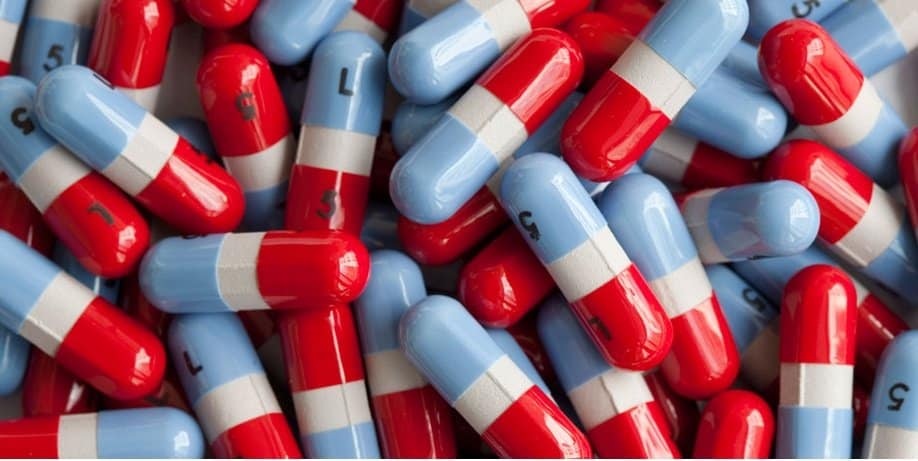
Acetaminophen, also known as Tylenol, is one of the most harmful medicinal drugs on the market. Every year, about 56,000 people end up in the emergency room due to abuse of acetaminophen, and about 450 individuals die due to liver failure caused by misuse. Also, the medicinal drug is a very famous choice for suicides. However, people who try to overdose using acetaminophen are in for a surprise. They will face a painful and slow death instead of drifting away easily. Symptoms include irritability, sweating, diarrhea and nausea.
Prednisone
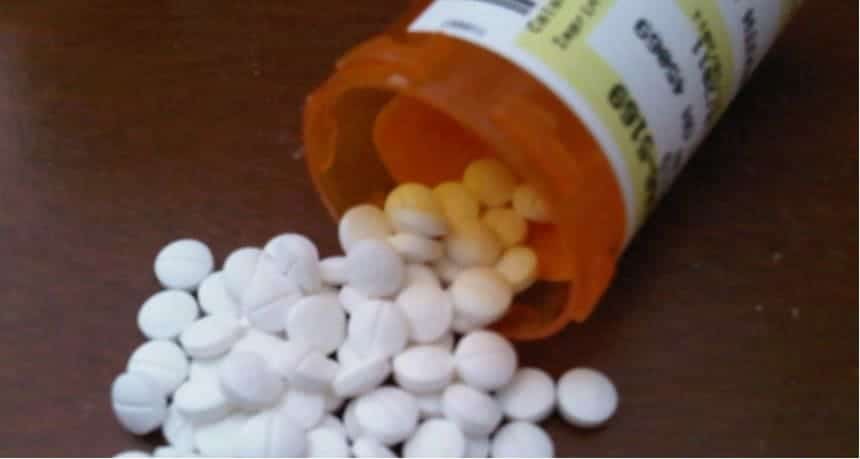
Prednisone, or cortisone, is an extremely effective medicine for diseases such as poison ivy. But, if the medicine is used for long-term treatments, some harmful health risks may arise. Prolonged use of prednisone can lead to health disorders such as intestinal bleeding, cataracts, diabetes, peptic ulcers, osteoporosis and hypertension.
Chemotherapy Drugs
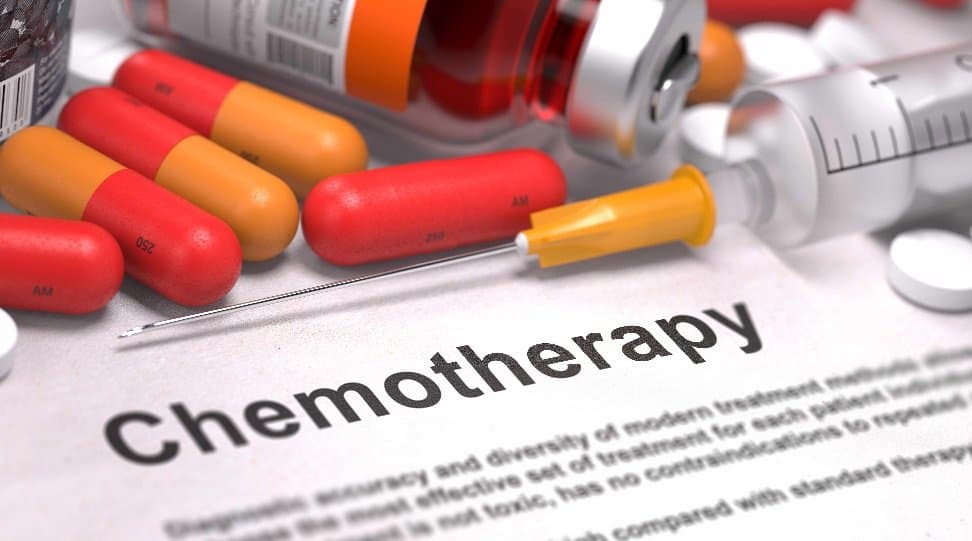
Chemotherapy drugs are in fact poisons that are prescribed to kill cancer cells in your body. Also, the drugs kill healthy cells in your body.
Chemotherapeutic agents are prescribed to cure diseases such as rheumatoid arthritis. Health risks linked with prolonged use of chemotherapeutic agents are suppressed immune system, lung disease, kidney toxicity, liver toxicity, congenital abnormalities and fetal death.
Beta Blockers
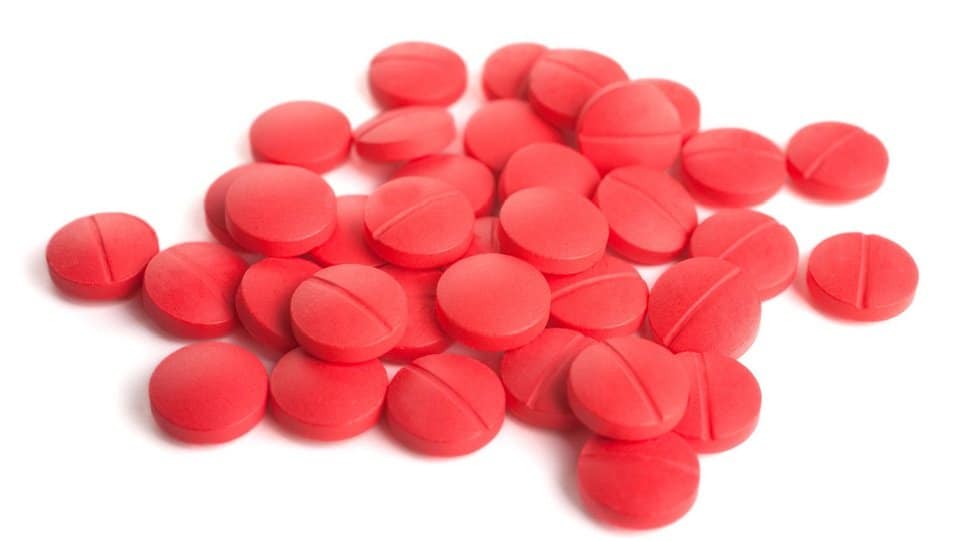
Beta blockers are medications used to lower blood pressure. Tenormin and Lopressor are some of the examples of beta blockers. They also cause side effects such as compromised cardiac function, elevated blood lipids, impotence and loss of libido.
Aspirin
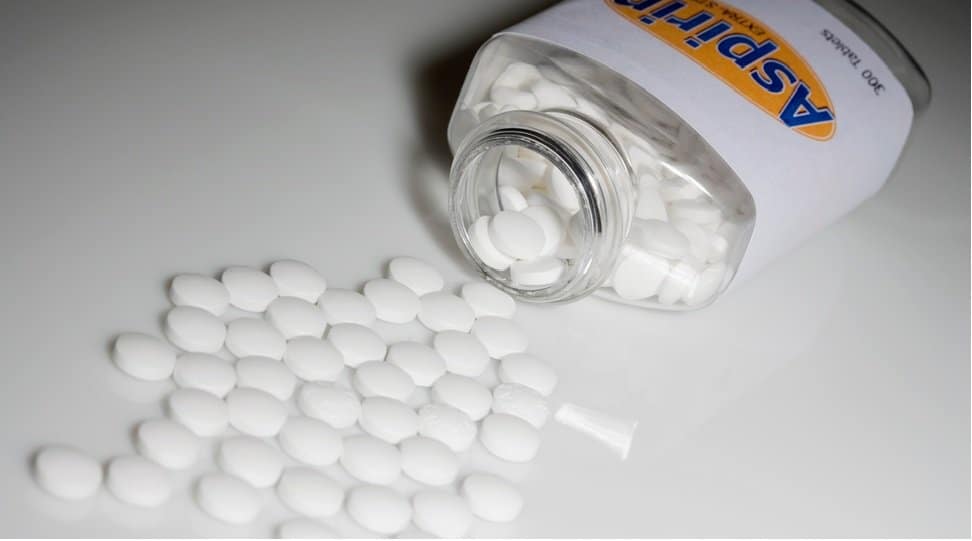
Aspirin, also known as salicylate, is one of the most accessible and famous pills out there, used for many common conditions such as muscle sores, fever, pain and arthritis. It is handy, cheap and very harmful. High doses or small doses over a prolonged period of time can cause gastrointestinal bleeding and perforated ulcers.
Cox-2 Inhibitors
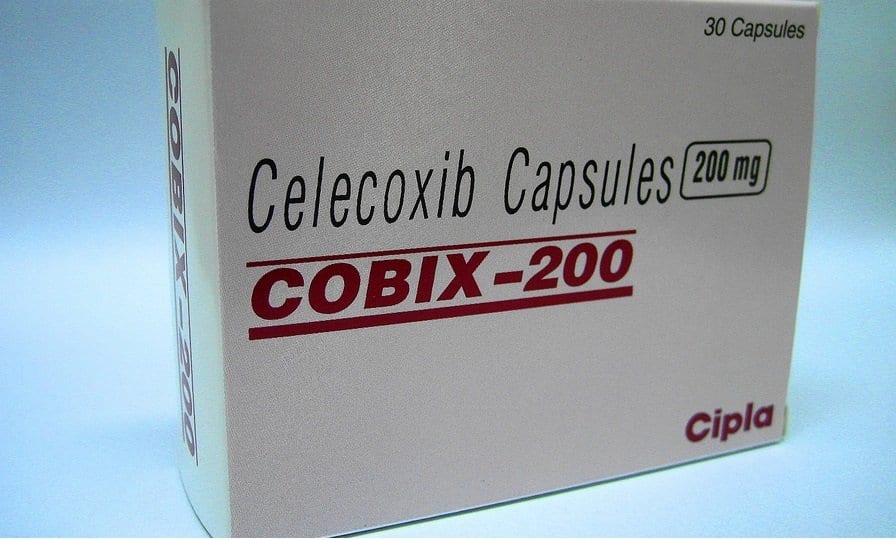
While studying the potential of Cox-2 Inhibitors (Celecoxib) as an anti-cancer drug, the National Cancer Institute found that people taking 400mg doses had 250% higher risk of dying from stroke or heart attack and people taking the 800mg doses has 340% higher risk of dying from stroke or heart attack.



